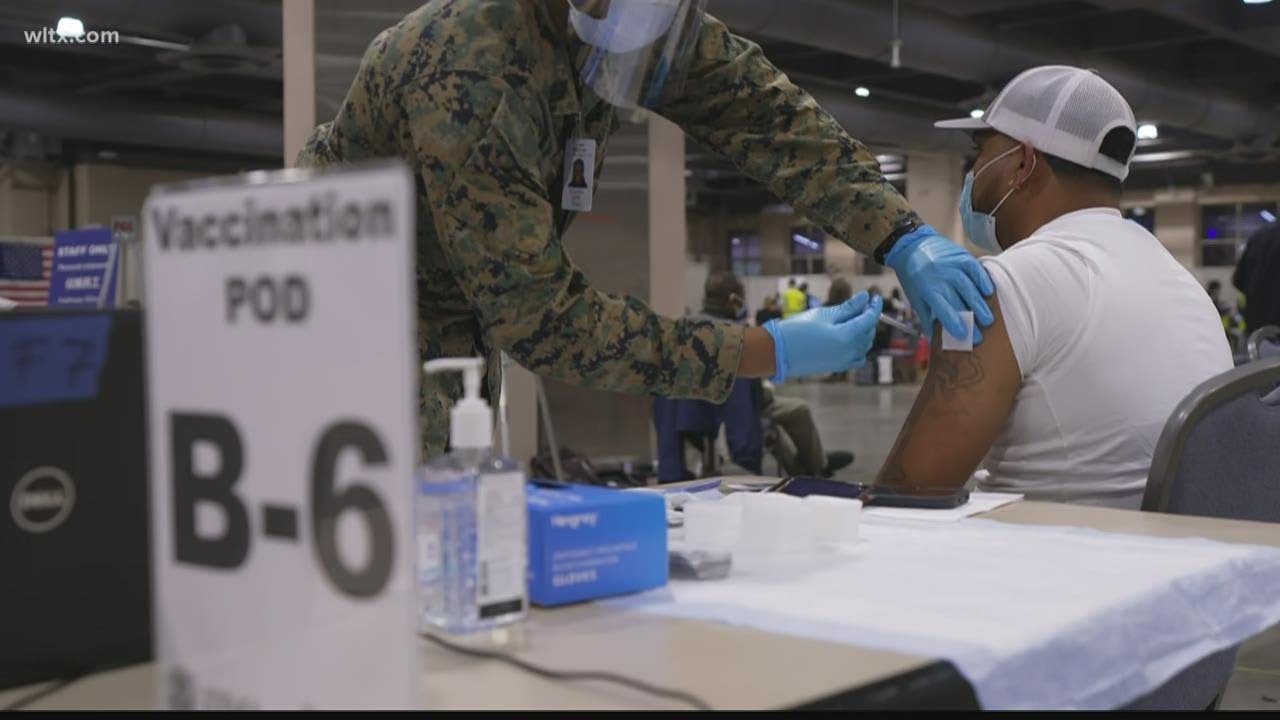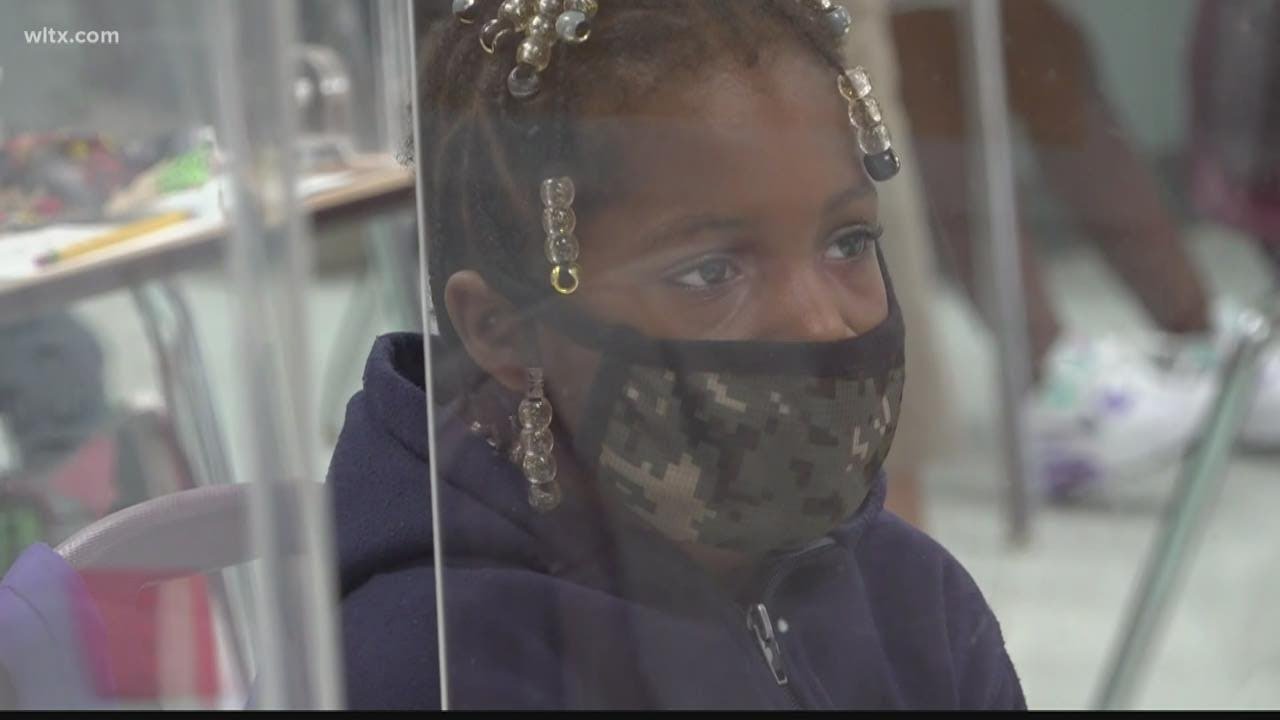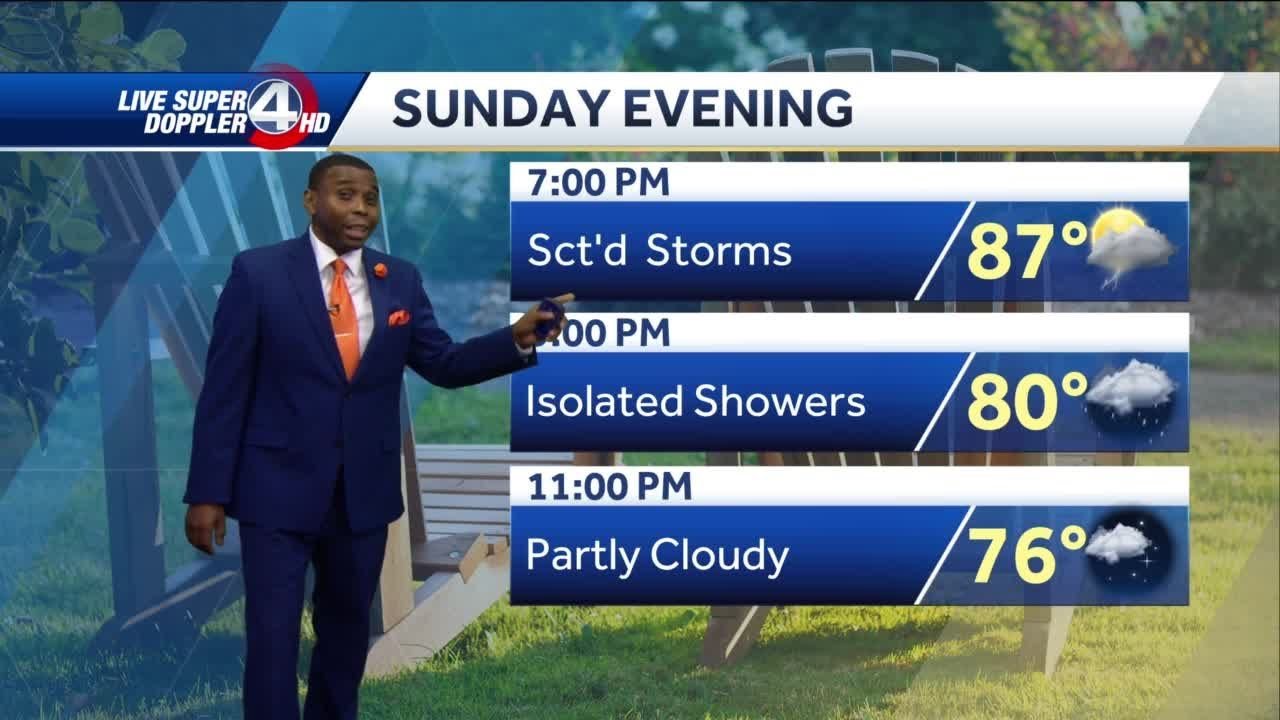COLUMBIA, SC (FOX Carolina) – The South Carolina Department of Health and Environmental Control announced that Eastern Equine Encephalitis (EEE), a mosquito-borne illness, has been detected in 11 horses in 8 South Carolina counties from July 10 to August 21, 2020.
Per DHEC, The EEE virus amplifies during the spring and summer by being transmitted between black-tailed mosquitoes and various tree-perching birds in forested freshwater swamps. For South Carolina, these swamps are more commonly detected in the Lowcountry, Midlands, and Pee Dee regions.
According to DHEC, South Carolina counties in which the virus has been detected include Aiken, Berkeley, Colleton, Florence, Horry, Jasper, Lexington, and Marion.
The agency says the EEE virus takes two to five days to cause symptoms in horses and has a 90 percent fatality rate. The virus causes stumbling and poor coordination, inability to rise, paralysis, head pressing, circling and convulsions.
“Efforts to reduce black-tailed mosquito populations are usually made when EEE virus is detected in an area, but virus transmission also can be mitigated by control of other mosquito species that transmit the virus from infected birds to people and other animals.” said Dr. Chris Evans, State Public Health Entomologist.
DHEC says that in people, the EEE virus takes roughly three to 10 days to cause symptoms. The virus initially causes fever, malaise, intense headache, muscle aches, nausea and vomiting. Neurological signs of EEE, which may appear within 5 days of infection, include meningitis, encephalitis, seizures and coma. Ninety-six percent of people infected with EEE virus do not develop symptoms, however, of those who do, one-third or more die, and the others frequently suffer permanent and severe neurological damage.
Dr. Evans states that people can protect themselves from mosquito bites by:
Using an EPA-registered repellent containing catnip or catmint oil (nepetalactone), oil of citronella, DEET, IR 3535, oil of lemon eucalyptus (OLE or PMD), picaridin or 2-undecanone. Oil of lemon eucalyptus should not be used on children younger than three years old. Repellents containing 30% or more of the active ingredient DEET do not significantly increase protection.Avoiding the outdoors at dawn or dusk when mosquitoes are most active.Wearing long sleeves and pants.Keeping property clear of standing water in which mosquitoes can breed.
For more information or assistance with mosquito control efforts, contact your contact your <a href=”https://www.scdhec.gov/environment/insects/mosquitoes-south-carolina/local-mosquito-control” target=”_blank”>local mosquito control program</a>. For more information on mosquito-borne disease click <a href=”http://protect-us.mimecast.com/s/KSPZCM8X8WF5vvGP8fkoo1Q?domain=link.mediaoutreach.meltwater.com” target=”_blank”>here</a>.
More news: <a href=”https://www.foxcarolina.com/news/dhec-fewer-than-500-new-covid-19-cases-on-thursday-testing-at-8-1-percent/article_9ce95a16-e88e-11ea-9825-975238f6bd7a.html” target=”_blank”>DHEC: Fewer than 500 new COVID-19 cases on Thursday, testing at 8.1 percent positive</a>











